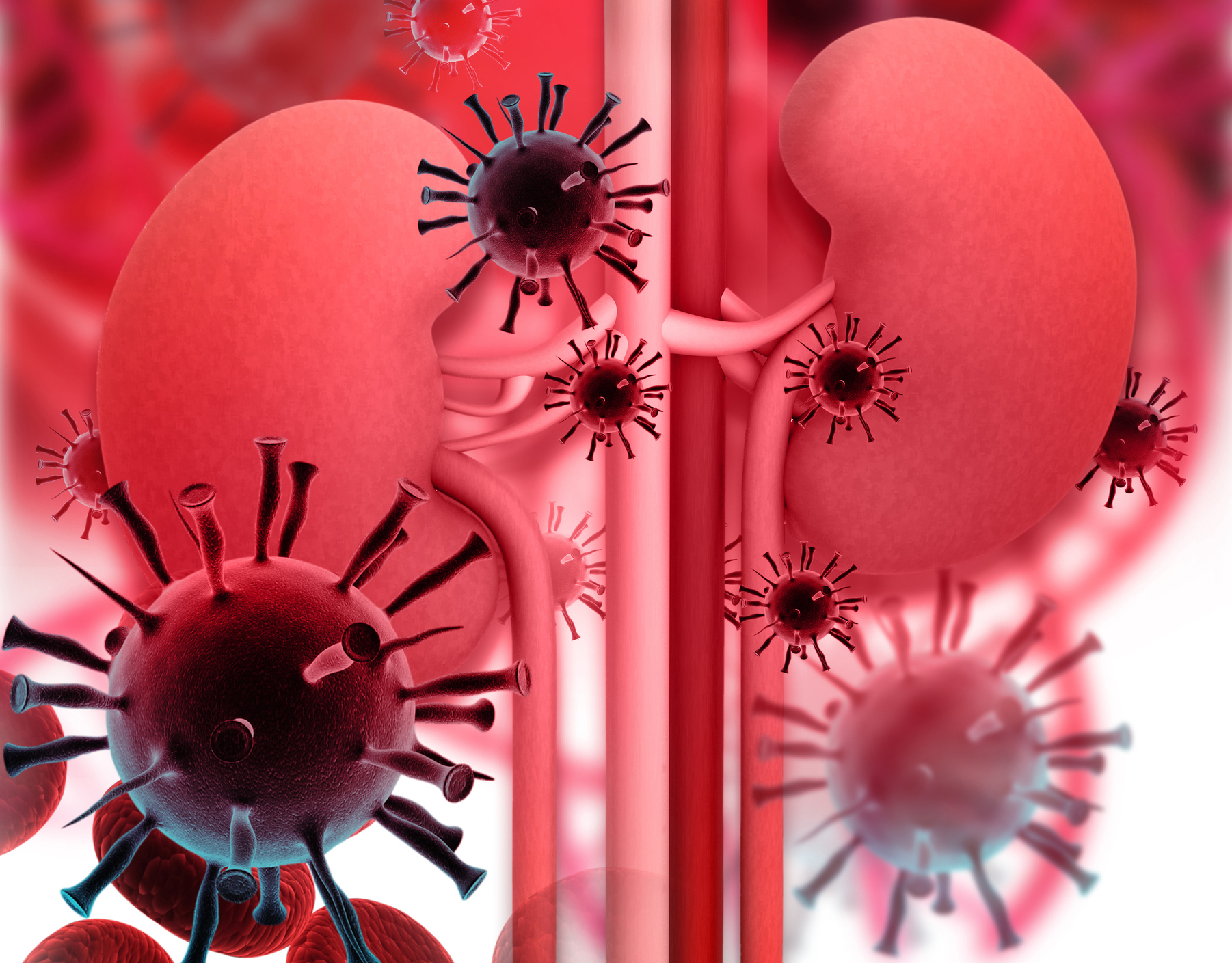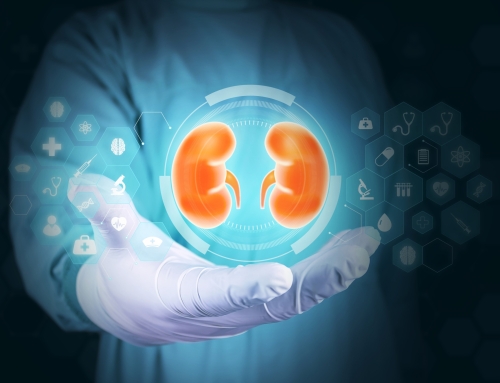People with HIV are more likely to develop chronic kidney disease. In addition, some HIV medications can affect the kidneys. Getting tested for HIV, understanding your risk, and living a healthy life are steps you can make to better control your health.
National HIV Testing Day is June 27, and the DPC Education Center encourages everyone to get tested for HIV. HIV (human immunodeficiency virus) is the virus that causes AIDS.
The only way to know if you have HIV is to get tested. Many people with HIV don’t have any symptoms. In the United States, 1 in 7 people living with HIV don’t know they have it.
Even if you don’t feel sick, getting early treatment for HIV is important. Early treatment can help you live a longer, healthier life. Treatment can also make it less likely that you’ll pass HIV on to other people.
Am I at Risk for HIV?
HIV is spread through some of the body’s fluids, like blood, semen (cum), vaginal fluids, and breast milk. HIV is passed from one person to another by:
- Having sex (vaginal, anal, or oral) without a condom or dental dam with a person who has HIV
- Sharing needles with someone who has HIV
- Breastfeeding, pregnancy, or childbirth if the mother has HIV
- Getting a transfusion of blood that’s infected with HIV (very rare in the United States)
Under the Affordable Care Act, the health care reform law passed in 2010, insurance plans must cover HIV testing. HIV counseling is covered for women who are sexually active. Talk to your insurance company to learn more. Free HIV testing is also available at some testing centers and health clinics.
Living with HIV and Reducing Your Risk for Kidney Disease
Here are the steps you can take to reduce your risk for developing kidney disease:
- Maintain a healthy diet consisting of fruits, vegetables, whole grains and low-fat dairy. Avoid foods high in salt and sugar.
- Exercise at least 30 minutes on most days.
- Take your HIV medications as prescribed.
- Go to all of your medical appointments and discuss with your healthcare provider your risk for developing kidney disease.
For more information about HIV and kidney disease, visit the US Department of Health and Human Services website.
To learn more about kidney disease, visit the DPC Education Center website.




